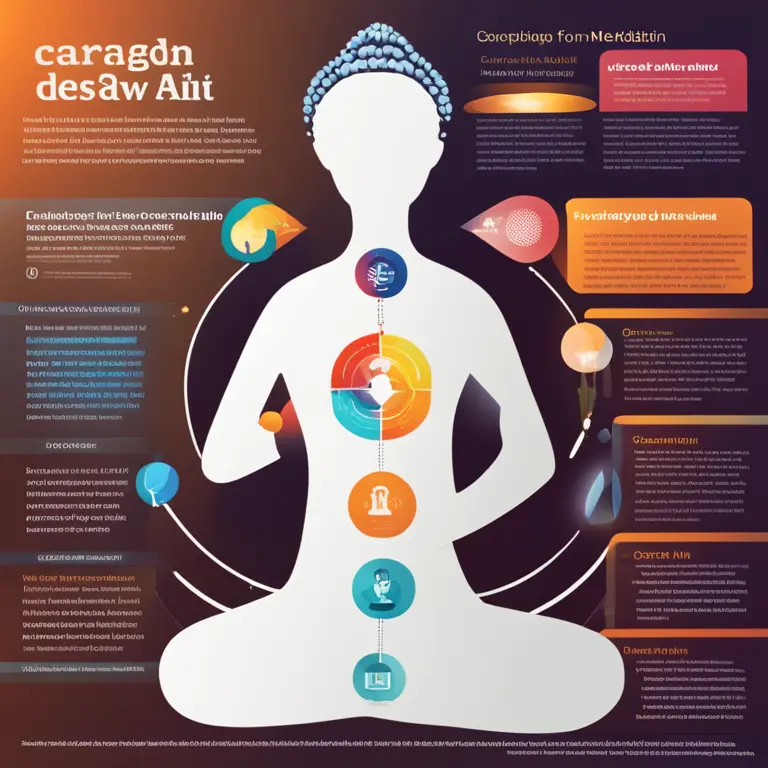
Can Meditation Alleviate Anxiety?
Discover the potential of meditation as an effective tool for managing anxiety and enhancing mental well-being in this insightful article.
article by Hina Kurosawa
Meditation: A Brief Overview
Meditation has long been practiced in various cultures as a technique for promoting inner peace and self-awareness. A mind and body practice, meditation involves focusing one’s attention and eliminating the jumbled thoughts that may crowd the mind and cause stress. This practice is now widely recognized as part of complementary and alternative medicine, with its potential benefits being a subject of continuous research. One core aspect meditation addresses is the management of anxiety, a prevalent mental health issue that affects millions worldwide.

Anxiety in Contemporary Society
Anxiety disorders represent a common category of mental health conditions characterized by persistent, excessive worry that can interfere with daily activities. The pressures of modern living, such as job insecurity, social expectations, and the constant influx of information through digital media, contribute to the rising prevalence of anxiety. As of 2024, it's become increasingly understood how lifestyle adjustments, including mindfulness practices, can play a crucial role in anxiety management.

The Science Behind Meditation and Anxiety
Scientific studies have provided insights into how meditation can alter brain function and structure. Particularly, it decreases activity in the amygdala, the brain's area responsible for stress responses, while enhancing connectivity between different brain regions. Additionally, it increases the production of brain-derived neurotrophic factor (BDNF), which is vital for brain health and resilience. Meditation's effect on the brain can explain its potential to reduce symptoms of anxiety when practiced consistently.

Incorporating Meditation into Daily Life
To reap the benefits of meditation for anxiety relief, one does not need to engage in long sessions. Short, daily periods of meditation can be effective. Many forms of meditation, such as mindfulness meditation, guided imagery, or breath awareness, can be easily integrated into a daily routine. With the advent of meditation apps and online resources, access to guidance and support has become more convenient than ever.

Personalized Meditation for Everyone
Individual experiences with meditation can vary, and it's essential to find a practice that resonates personally. While some may benefit from traditional seated meditation, others may find solace in movement meditations such as Tai Chi or yoga. The key is patience and persistence, as the effects of meditation are cumulative and tend to build over time.
Supplementing Meditation with Other Strategies
While meditation has been shown to help with anxiety, it's often most effective when used in conjunction with other strategies. Lifestyle modifications, therapy, and, if necessary, medication can create a comprehensive approach to anxiety management. Meditation strengthens these approaches by aiding relaxation and cognitive reframing, thus empowering individuals to handle stress more efficiently.
Final Thoughts and Future Directions
As we continue into the 2020s, the importance of mental health is gaining unprecedented attention. Meditation, with its minimal side effects and accessibility, is poised to become an integral part of anxiety management strategies. Future research may further elucidate the specific mechanisms through which meditation acts, enhancing its effectiveness and acceptance as a valuable therapeutic option.
Published: 1/18/2024
Modified: 1/18/2024
More predictions
Come back here soon to learn more about yourself and your future

